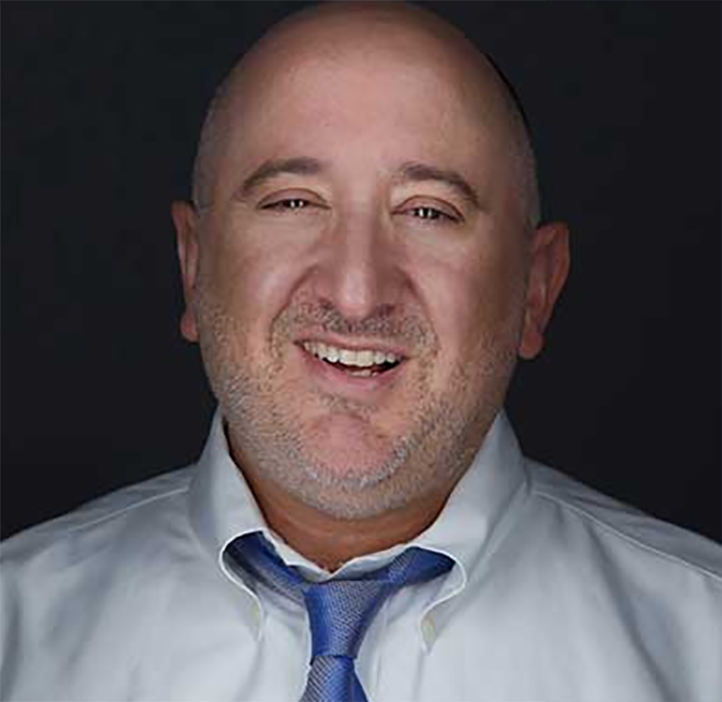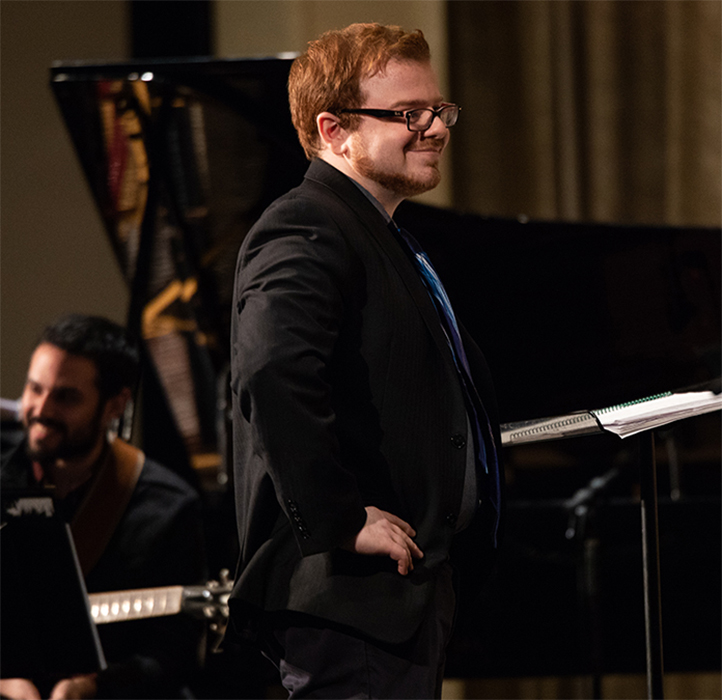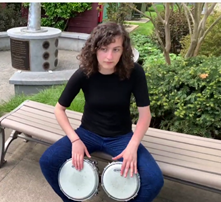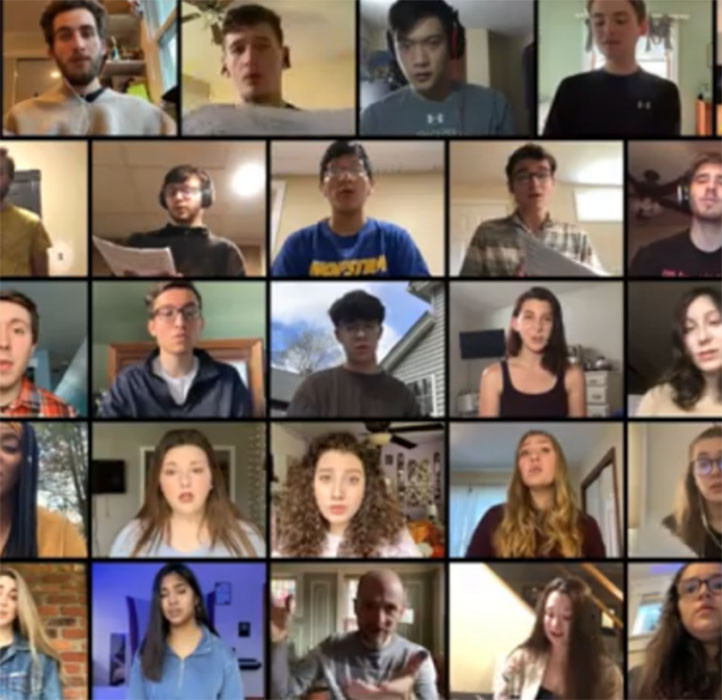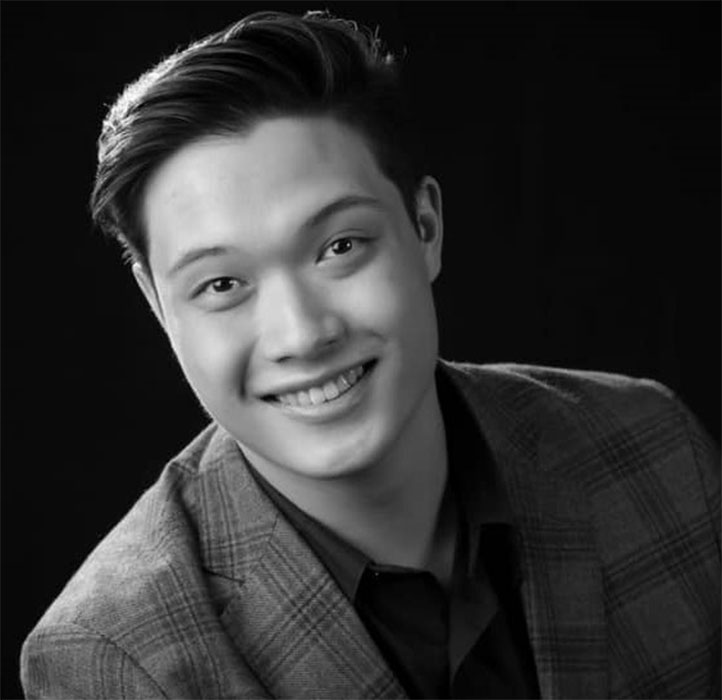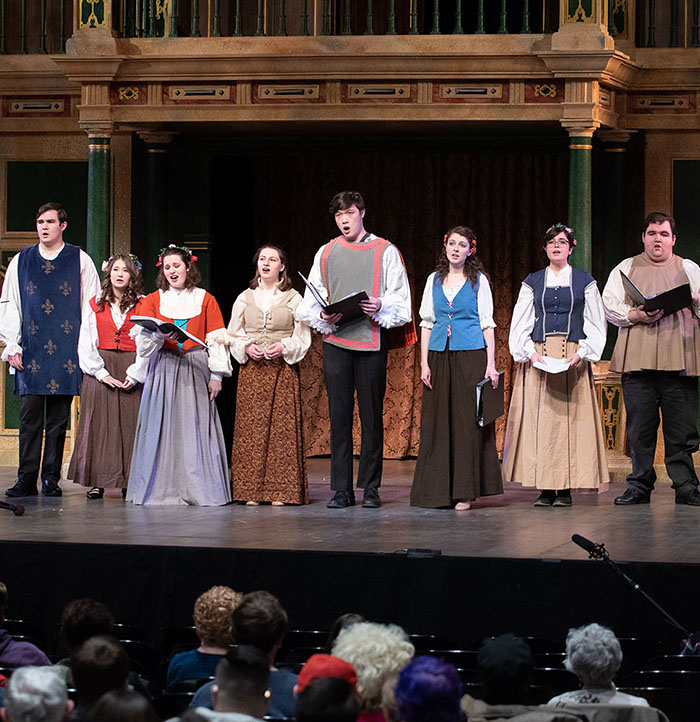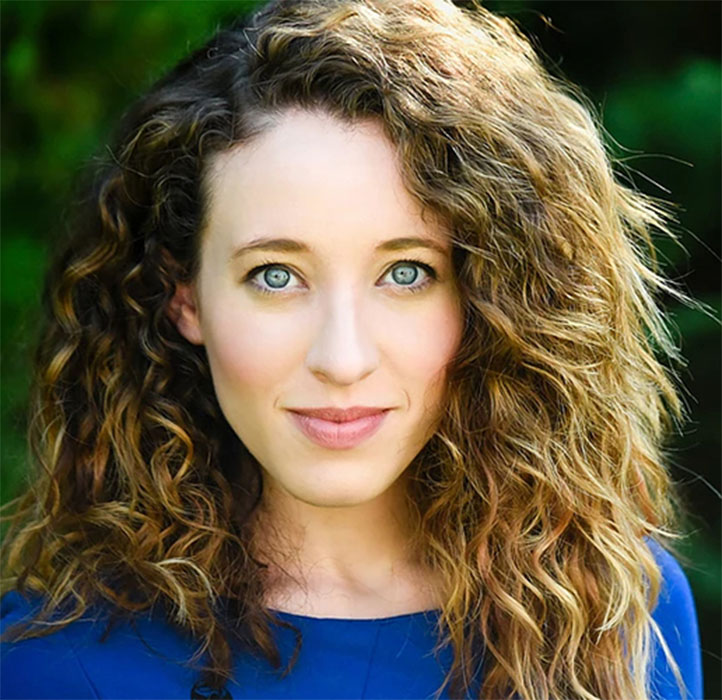Do you want to pursue a career as a singer or instrumentalist in the world of jazz or contemporary music? Hofstra's jazz & contemporary music program will nurture your talent, hone your technique, and prepare you to thrive in the competitive field.
Overview
The program revolves around the core music curriculum centered on music theory, history, and expression. The jazz & contemporary music program of study specifically focuses on improvisation, jazz history, arranging, songwriting, and electronic music/studio courses.
The program culminates in a final recital that presents a diverse sampling of many styles (ragtime, Dixieland, swing, bebop, hard bop, cool, modal, free, fusion, contemporary, neoclassical, Latin, etc.) as advised and mentored by their private instructor. We believe it is truly a diverse methodology, providing a well-rounded education for our students and a solid foundation for a career in the art of music.
As an added benefit of our campus location – an easy train ride to New York City – our students have countless opportunities to attend concerts, see Broadway shows, go to the opera, visit jazz clubs, and experience various other productions while networking with professionals in the industry.
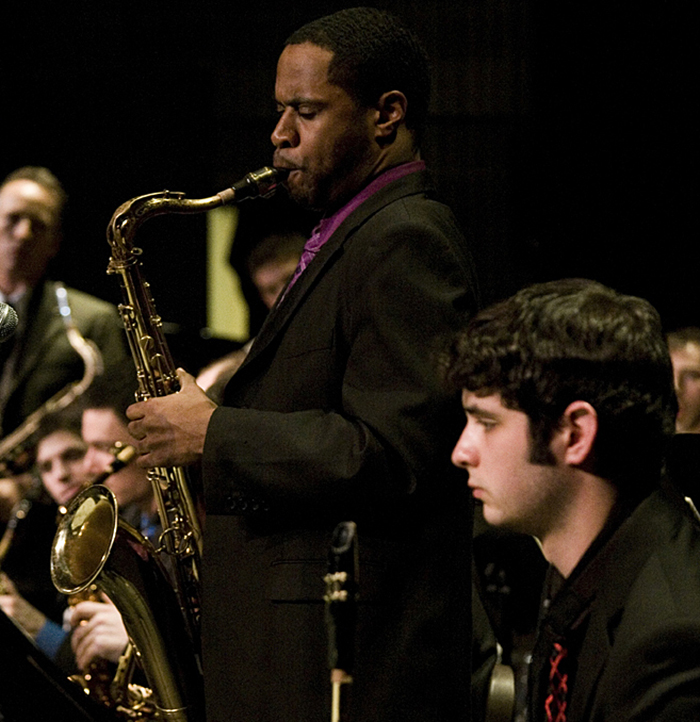
More About the Program
All students wishing to declare a BS or BSEd in Music in any concentration (music performance, music business, music education, music theory/composition, jazz and commercial music, or music history/literature) must audition for acceptance into these programs.
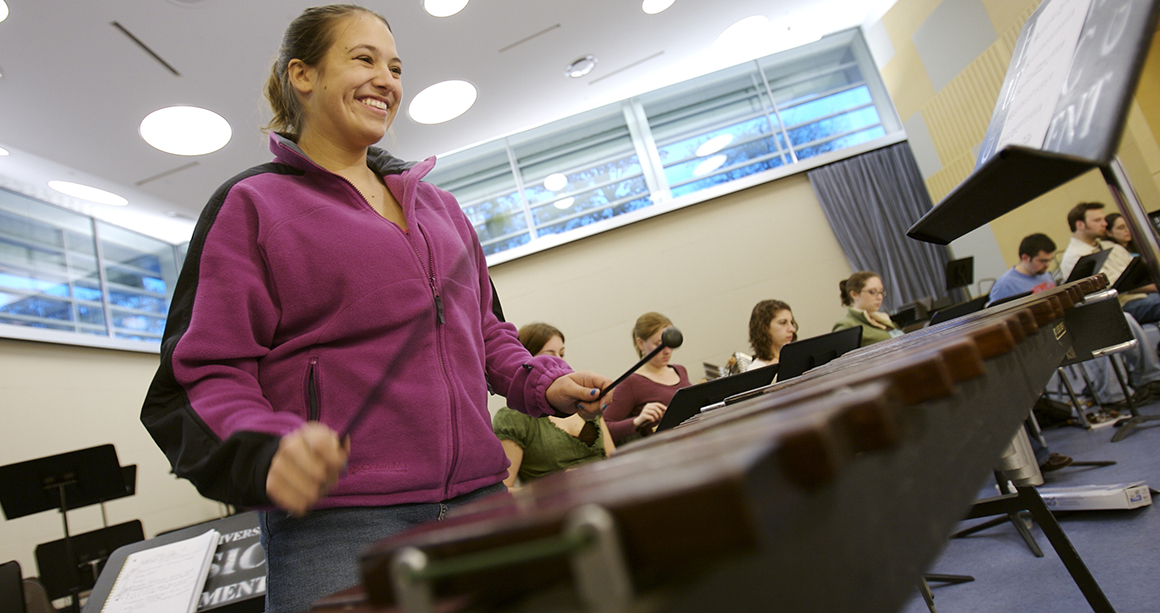
Making Music
The Music Department at Hofstra is a tight-knit community. Classes, rehearsals, and private lessons fill the lives of most music majors. Clubs and extracurricular activities offer students additional opportunities to perform, network, and socialize. View our performance schedule
Department Ensembles
Students in the jazz & contemporary music program can choose from an array of ensembles, including Hofstra Big Band, the Vocal Jazz Ensemble, Hofstra Nonet, as well as various duos, trios, and quartets.
Hofstra's major ensembles include the Symphonic Band, Symphony Orchestra, Chamber Orchestra, University Mixed Chorus, Wind Ensemble, and Chorale. Hofstra's chamber ensembles include the Hofstra Collegium Musicum, which performs as part of our annual Shakespeare Festival; the Tuba/Euphonium Ensemble, the centerpiece of our annual OcTubafest concert; the Woodwind Ensemble; the Chamber Choir; the Brass Ensemble; Vocal Jazz; various quintets, quartets, duos, and trios; and many more.
Other performance opportunities are available through our unique program in Sikh musicology as well as the Hofstra Opera Theater, which presents a fully staged opera every year, with all leads and choral members cast from the undergraduate population.
Student Clubs
In addition to the department-sponsored ensembles, many student clubs serve as extensions of Hofstra's music programs. Consider joining one of Hofstra's competitive a cappella singing groups: Sigma'Cappella, The Hofbeats, Makin' Treble, Chai Notes, and The Dutchmen. The Hofstra Gospel Ensemble and the SOS Brigade are also for music-minded students.
Student Recitals
Students in the jazz & contemporary music program are required to present solo junior and senior recitals. Students can also audition for department honor recitals, which comprise both solo and group recital opportunities. The department provides the recital space, coaching support, and all tools for students to produce a successful recital as part of their degree.
Learn from the Experts
You will be studying with our professional faculty-performers from day one. Our proximity to New York City allows students easy access to world-class instructors with international reputations. Our professors have worked with renowned recording artists, on Broadway stages, and on film scores. They have participated in various contemporary recordings and present educational workshops around the world.

Facilities and Resources
Joseph G. Shapiro Family Hall is home to the Department of Music's faculty, studios, and state-of-the-art large rehearsal spaces. Daniel L. Monroe Lecture Center houses additional studios and classrooms, rehearsal rooms, and the Music Library, which supports the curriculum of the Department of Music by providing scores, study space, and listening material.
Our performance spaces include the 377-seat Helene Fortunoff Theater (for recitals and chamber group performances) and the 1,105-seat John Cranford Adams Playhouse (for our major ensembles).
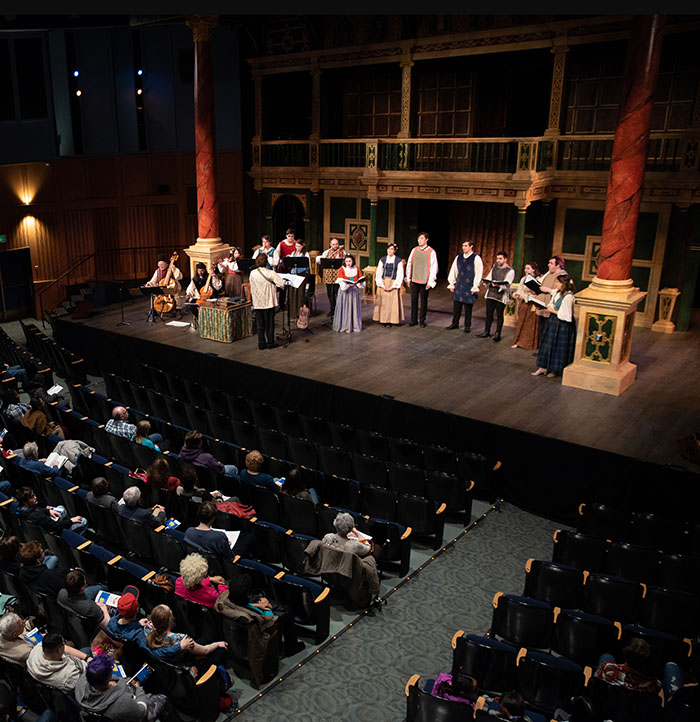


Alumni Outlook
Hofstra music majors graduate with a combination of classroom instruction and professional experiences that are highly regarded in today's competitive job market.
Areas of the music industry where our graduates are working:
In addition to performing, our graduates are working in education, music management, marketing and public relations, sound engineering, and music publishing. They are also working for performance venues, record labels, and recording studios.
By the numbers:
- 93% of recent alumni responding to a survey reported they were working or enrolled in graduate school within a year of graduation
- Among recent graduates who reported they were employed, 100% landed their job within three months of graduation
- $41,000 is the mean salary for the first year following graduation
Continuing their studies
Additionally, many of our alumni are pursuing or planning to pursue advanced degrees in music and music education at institutions such as CUNY Brooklyn College, CUNY Queens College, Georgia State University, Hebrew College, Hofstra University, Manhattan School of Music, Roosevelt University, and Vermont College of Fine Arts-Music.
